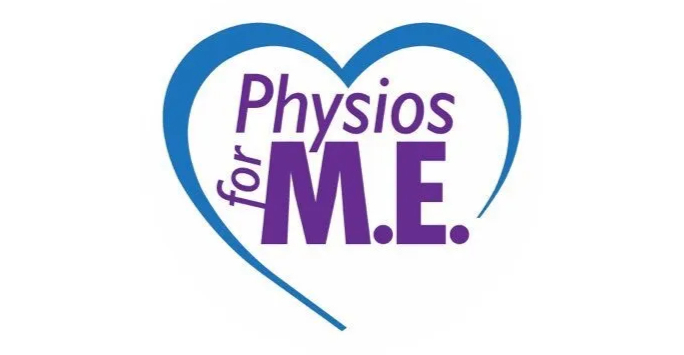
Myalgic Encephalomyelitis (ME) is a chronic condition affecting more than 250,000 in the UK. Dr Nicola Baker, Lecturer in the School of Health Sciences discusses her work with the ME community as part of a group of physiotherapists called Physios for ME.
Myalgic Encephalomyelitis (ME) is a “complex, acquired multi-systemic disease with a profound dysfunction /dysregulation of the neurological control system” affecting more than 250,000 people in the UK, this compares to 100,000 people with Multiple Sclerosis and Parkinson's Disease. ME is highly disabling, causing greater functional impairment and poorer quality of life than many other chronic conditions.
Although the causes are unclear, most cases are triggered by a viral infection including COVID-19. With cases of long COVID estimated to be over 2 million in the UK and evidence showing that approximately 50% of people with long COVID will develop ME, the numbers of people with ME (pwME) could potentially soon double.
Physios for ME
Over the last four years, I have worked closely with the ME community as part of a group of physiotherapists called PhysiosforME. We are four physiotherapists who have personal and professional experience of supporting pwME. Our aim has been to increase awareness of ME, improve training about ME and conduct clinical research that is important to the ME community.
We’ve used Twitter and Facebook to connect with pwME especially people with severe ME who are confined to their bedrooms for years. We now have over 7000 pwME and their carers who follow us on Twitter and Facebook and we regularly ask pwME for their knowledge related to all aspects of ME and its management.
Heart rate monitoring
In 2021, a group of pwME who run a Facebook group called ME/CFS – Pacing with a Heart Monitor #2 contacted us about conducting a survey exploring the use of heart rate monitoring. Together we produced and ran an international survey. PwME were instrumental in all aspects of this study and our research is due to be published later this year. Together we’re now also conducting a feasibility study related to heart rate monitoring funded by the ME Association, the Stockport ME support group, Visible (@Visible) and the University of Liverpool. During this study, pwME have been supporting participants with ME and LongCOVID to try heart rate monitoring. This is the first study to investigate this management technique for pwME.
Next steps
Recently we have worked with pwME who run a Facebook group - A Vagus Adventure AVA – Dawn Wiley to conduct another international survey related to transauricular vagus nerve stimulation (taVNS). Together we have submitted a funding application for a feasibility study exploring taVNS for pwME. Again pwME have been the experts and we have supported them to navigate the research world. There are other research projects in the pipeline all ideas highlighted by pwME including: the use of IV saline for dysautonomia; bicarbonate and Q10 for acidosis and with Professor Douglas Kell a study investigating the existence of microclots in pwME.
What have I learnt about working with pwME?
We couldn't do this research without them. Some pwME have lived with the condition for over 30 years. They are the experts. Despite incredible suffering and a life that is so restricted, they still want to help others learn. They still want to find solutions. Working with Patient and Public Involvement (PPI) is not a tick box exercise it is essential to understand a world that we as researchers can only observe.
If you would like to know more about ME or our research please contact me – nicola.baker@liverpool.ac.uk